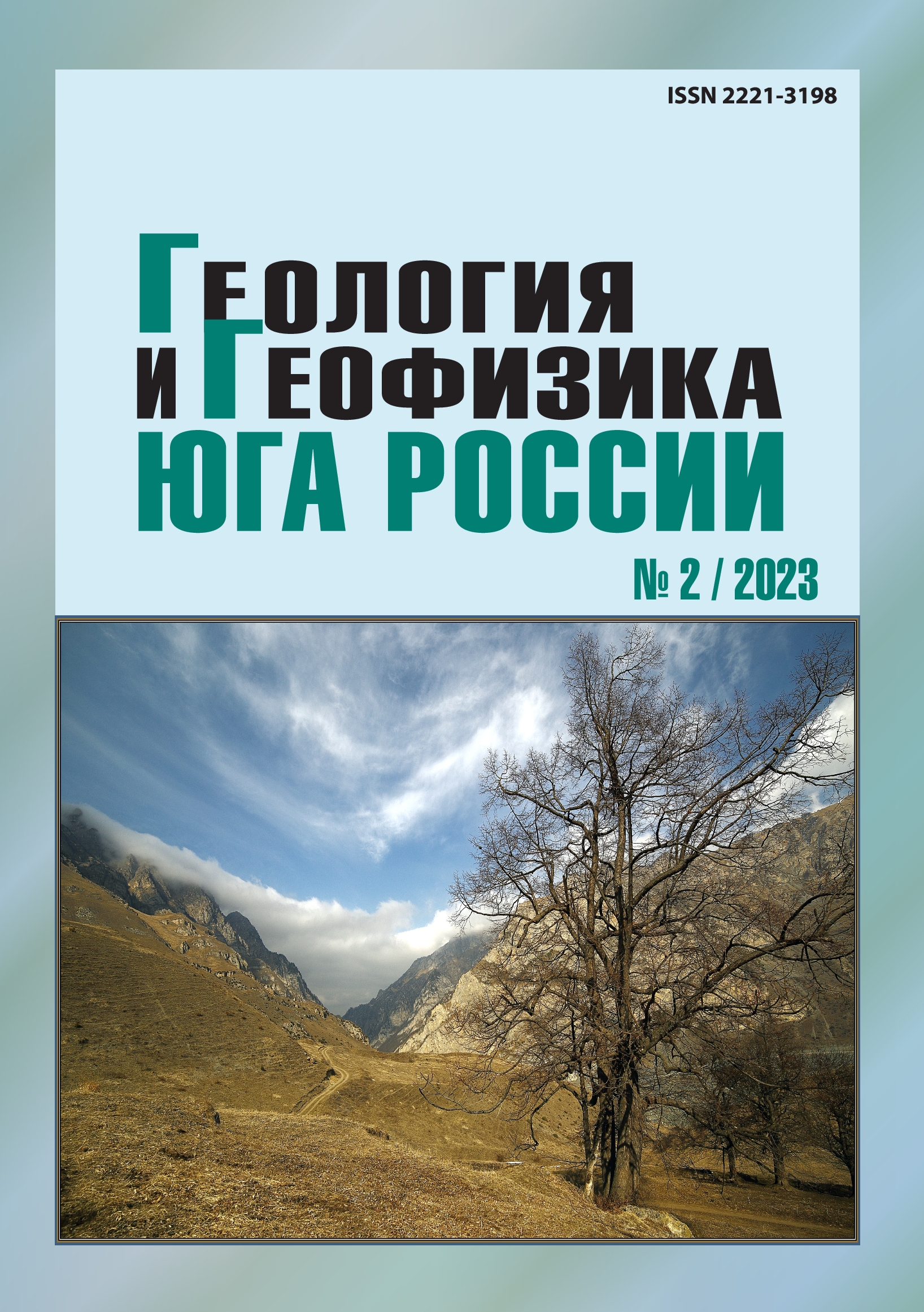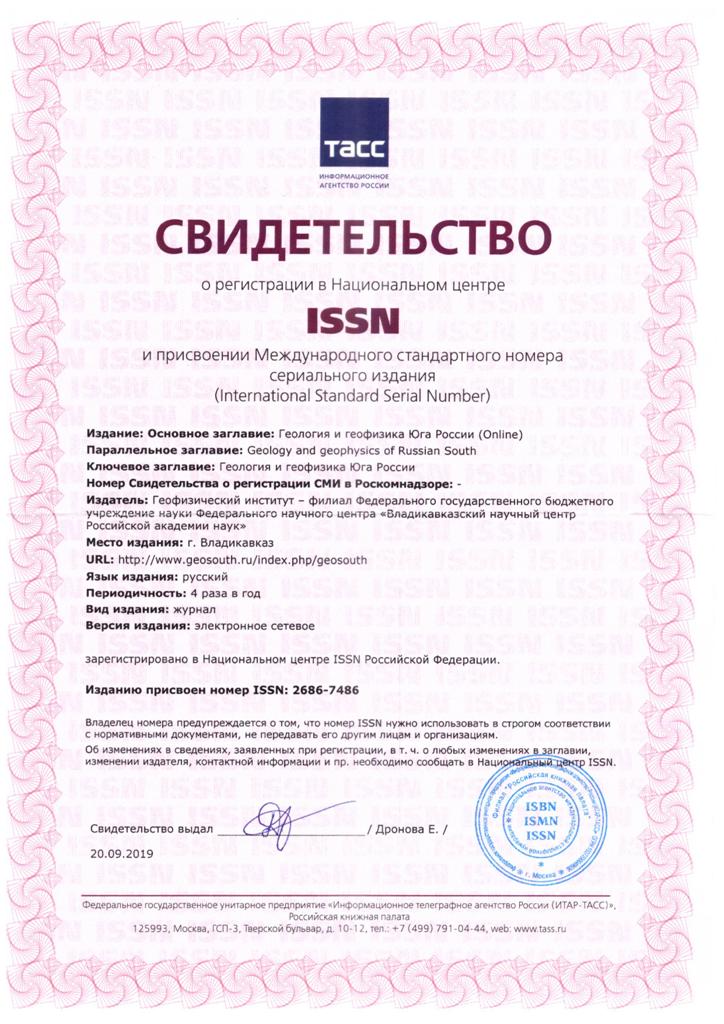Geological and ethnocultural tourism: prospects for interrelated development in the North-Eastern Caucasus
Abstract
Relevance. The problem of preserving natural and ethnocultural heritage, identity and multina- tional culture over the past decades has begun to take on a global character. The rise of ethnic identity reinforces attention to issues of identity preservation, cultural diversity, ethnic and natural heritage. In the context of global- ization, the cognition and popularization of objects of natural and cultural heritage and the preservation of cultural memory become an important means of protecting ethnic cultures and developing cultural diversity. The aim of the work is to study the features of geological, ethnocultural and ecological tourism, to identify the prospects for their conjugate-parallel development in the Northeast Caucasus. Methods of analysis and synthesis, generaliza- tion, content analysis, expert assessments, a comparative geographical method, systemic and geosituational approaches were used. Results. The possibility and feasibility of concurrent development of geological and eth- nocultural directions of tourism as environmentally safer forms of recreational nature management is justified. The prerequisites for the development of such varieties of geological tourism as speleoturism, gemotourism, biogeological tourism, etc. have been identified. Foreign analogues of the discussed concepts are disclosed. The evolution of the content of these concepts indicates a transition from introduction into issues to the development of ideas and globalization of geological tourism. Content analysis of foreign sources revealed a transition from the analysis of the cultural tourism segment, with the division of tourists into ordinary and specific to a more expanded and in-depth interpretation of it. Using examples of tourism development in the mountainous regions of the Northeast Caucasus, geographical features of the distribution of natural and historical and cultural objects and types of recreation were identified. Prospects for the further development of environmentally oriented areas of recreational nature management in mountain regions are associated with their activation in the conditions of specially protected natural complexes (reserves, reserves, natural parks, etc.). Particular attention is paid to the branding of recreational projects, taking into account the national characteristics of gastronomy, artistic and cultural design, literature and art. Among the high-brand UNESCO cultural heritage sites are the historic fortress city of Derbent (Dagestan), the Hero city of Grozny (Chechnya) and the highland natural reserve Erzi (Ingushetia).


